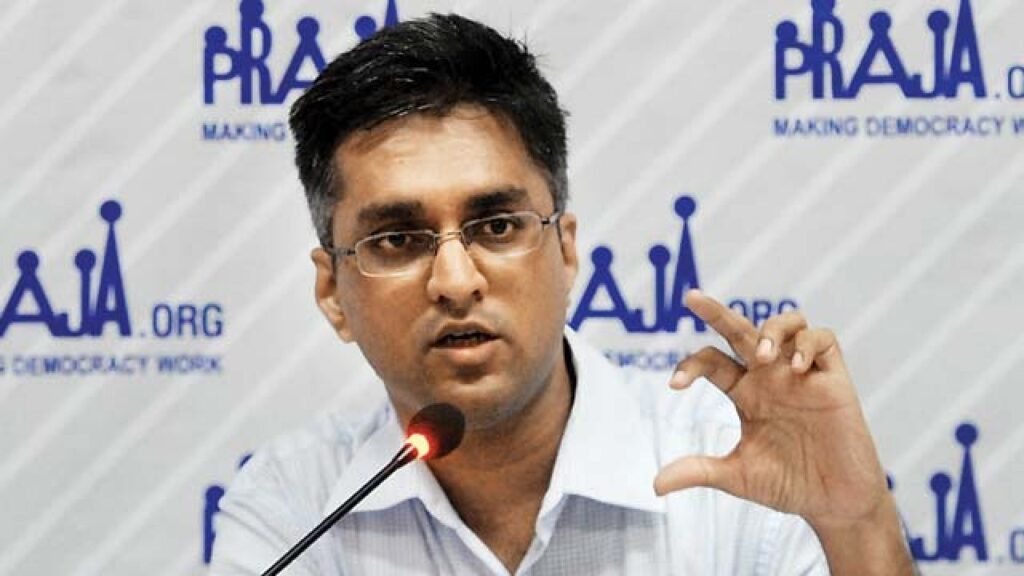Mumbai: A new report from the Praja Foundation highlights the growing health challenges faced by Mumbai residents, with lifestyle diseases like diabetes and worsening air quality contributing significantly to the city’s health crisis.
The report, based on data from 2014 to 2023, reveals the top five diseases with the highest reported cases in the city: diarrhoea (9,36,061 cases), tuberculosis (3,89,803), hypertension (3,70,795), diabetes (3,70,081), and dengue (1,39,892). These conditions underline the urgent need for improved public health measures and infrastructure in Mumbai.
One of the most alarming trends is the sharp increase in deaths due to lifestyle diseases, particularly diabetes.


In addition to these diseases, respiratory issues have also become a major concern. The city’s air quality has deteriorated significantly in recent years, with the average Air Quality Index (AQI) shifting from ‘Satisfactory’ (51-100) in 2019 to ‘Moderate’ (101-200) by 2022.
Eknath Pawar, Associate Manager for Capacity Building at Praja, noted that respiratory diseases, including respiratory tuberculosis, caused more than 47,000 deaths between 2019 and 2022. Furthermore, in 2023, Mumbai did not record a single month with air quality in the ‘Good’ category.This worsening health scenario highlights the need for better urban planning and health infrastructure. Mhaske emphasized that Mumbai’s Development Plan (2014-2034) is inadequate, providing only 3 square meters of open space per person—far below the recommended 10 square meters necessary for promoting physical activity and overall well-being.
The report also pointed out the shortcomings in Mumbai’s healthcare system. In 2023, no civic ward in the city met the Urban and Regional Development Plans Formulation and Implementation (URDPFI) guidelines, which recommend one dispensary per 15,000 people. Although Mumbai has 191 municipal dispensaries, many operate for just seven hours a day. To address this, 207 Hindu Hruday Samrat Balasaheb Thackeray (HBT) clinics were introduced in 2022, but only 6% of these clinics remain open for 14 hours daily, leaving a significant gap in healthcare accessibility.
The Praja Foundation’s findings serve as a stark reminder of the urgent need for comprehensive reforms in Mumbai’s healthcare and urban planning systems to address the growing health challenges faced by its residents.
